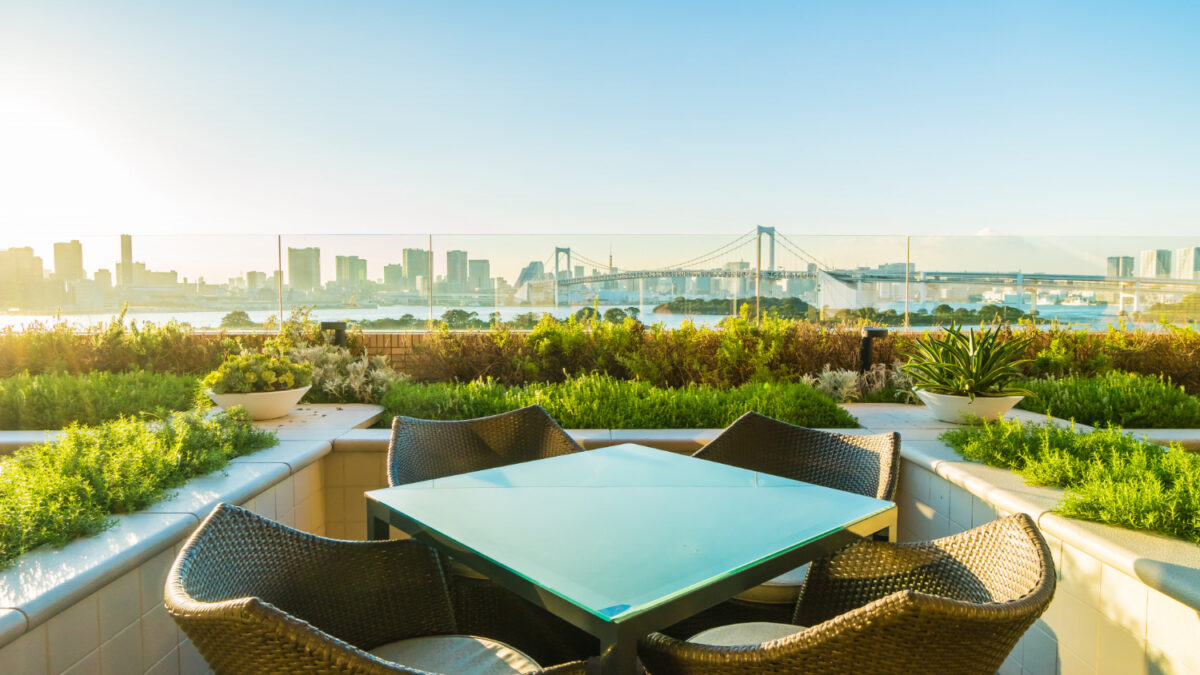Dubai has a strong housing market and attracts many foreign buyers. These buyers can purchase properties in designated leasehold or freehold zones.
The process for buying property as a foreigner in Dubai is straightforward. However, it is important to be aware of certain legal factors before you make a decision.
Commonhold
Dubai offers multiple ways to buy property, but the most common option is freehold. It gives investors full ownership in perpetuity and requires less paperwork.
Freehold properties can be rented, sold or inherited, and owners can build on undeveloped land if desired. This is a popular investment for foreigners as it can be developed to their specific requirements.
Another type of ownership in the UAE is commonhold, which consists of primary condominiums, apartments and non-residential units. These can be bought, leased or inherited, but owners must pay monthly fee payments for the maintenance of their buildings and their common areas.
If you decide to buy a real estate in the UAE, make sure you work with a RERA-qualified broker. They will help you identify a suitable property and negotiate the deal with the seller. They will ensure that the transaction is completed in time and on schedule. You’ll also need a check to cover the DLD transfer fees and some money for administrative costs.
Freehold
Investing in a property in Dubai is one of the safest ways to make a profit. With a liberal freehold property policy and a wide selection of apartments, villas, townhouses and penthouses for sale, there’s no shortage of options.
However, there are many things to consider before buying a property in Dubai. A buyer must first determine their budget, whether they’re looking for a home or an investment and the purpose of the purchase.
Another major factor is determining the type of freehold property you’re buying, and which areas in Dubai offer it. This is important as different freehold zones have different price ranges, amenities, and maintenance requirements.
Freehold properties in Dubai are also more customizable than leasehold ones. This is because you have more control over the land and property, so you can make tweaks without having to ask permission from the owner. Moreover, you can sell or rent your freehold property at your discretion.
Usufruct
In the UAE, there are different types of real estate ownership rights – including freehold, usufruct and musataha. These rights must be registered in the real property register of the emirate where the property is located.
For example, a farmer may grant his neighbor a usufruct of his land to harvest crops and care for the livestock on it. The neighbor then has the right to use the land and claim any profits they make from doing so.
However, the tenant is not allowed to change the conditions of the leased property and cannot destroy it. This type of usufruct is a long-term lease and can last from 10 to 99 years for residential properties and up to 50 years for commercial units in the UAE.
In the UAE, this is one of the most common forms of property ownership and is available to non-UAE nationals and GCC citizens alike. The terms of these leases vary depending on the emirate and free zone in which the property is located.
Service charges
Buying a property in Dubai involves a number of fees. Apart from your monthly mortgage payment (if any), you have to account for service charges too.
Service charges are recurring payments that homeowners pay for the maintenance of their residential buildings or communities. They cover different aspects of property management including maintenance, cleaning, security staff, landscaping and general upkeep of the area/building.
The average service charge per square foot ranges from AED 0.75 to AED 20 annually, depending on the area in which the property is located. Generally, service charges in upscale areas like Downtown Dubai and Emirates Living are more expensive than those in cheaper areas such as Jebel Ali.
During the last four years, service charges have risen by as much as 10 to 25 percent, and these costs are hurting both buyers and developers. In response, some developers have been offering a freeze on service charge increases for the first three to five years.


